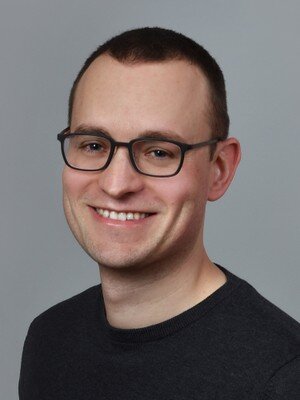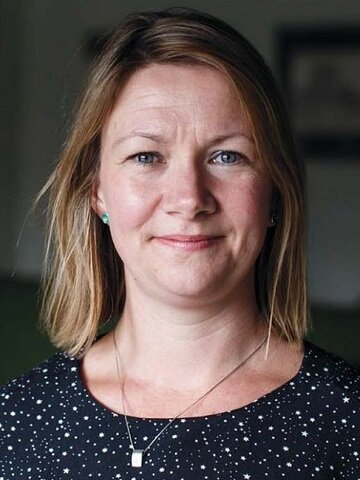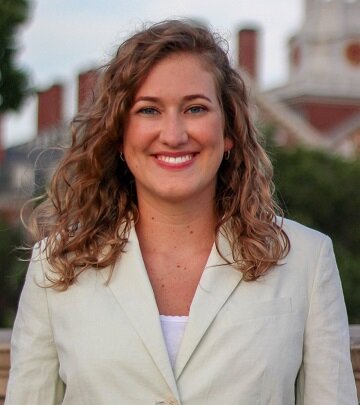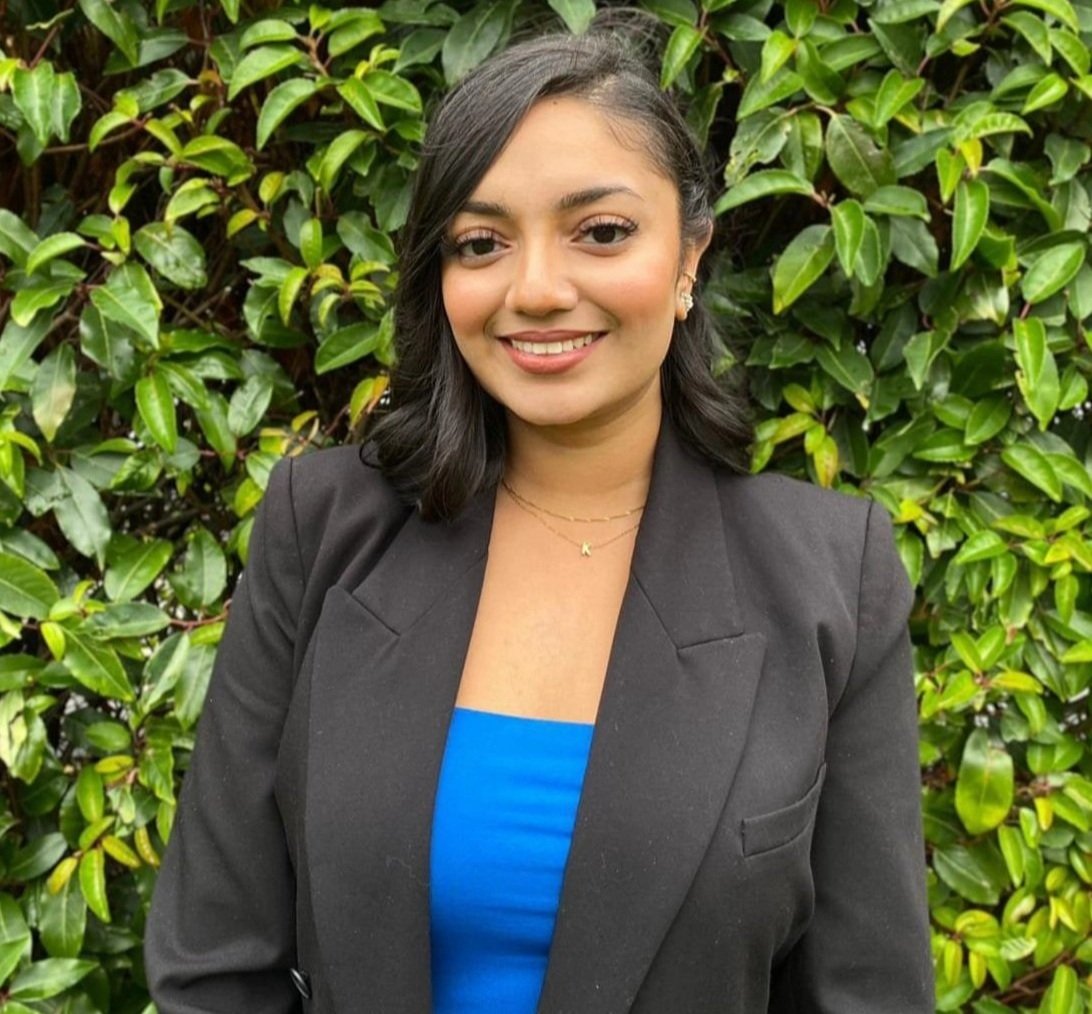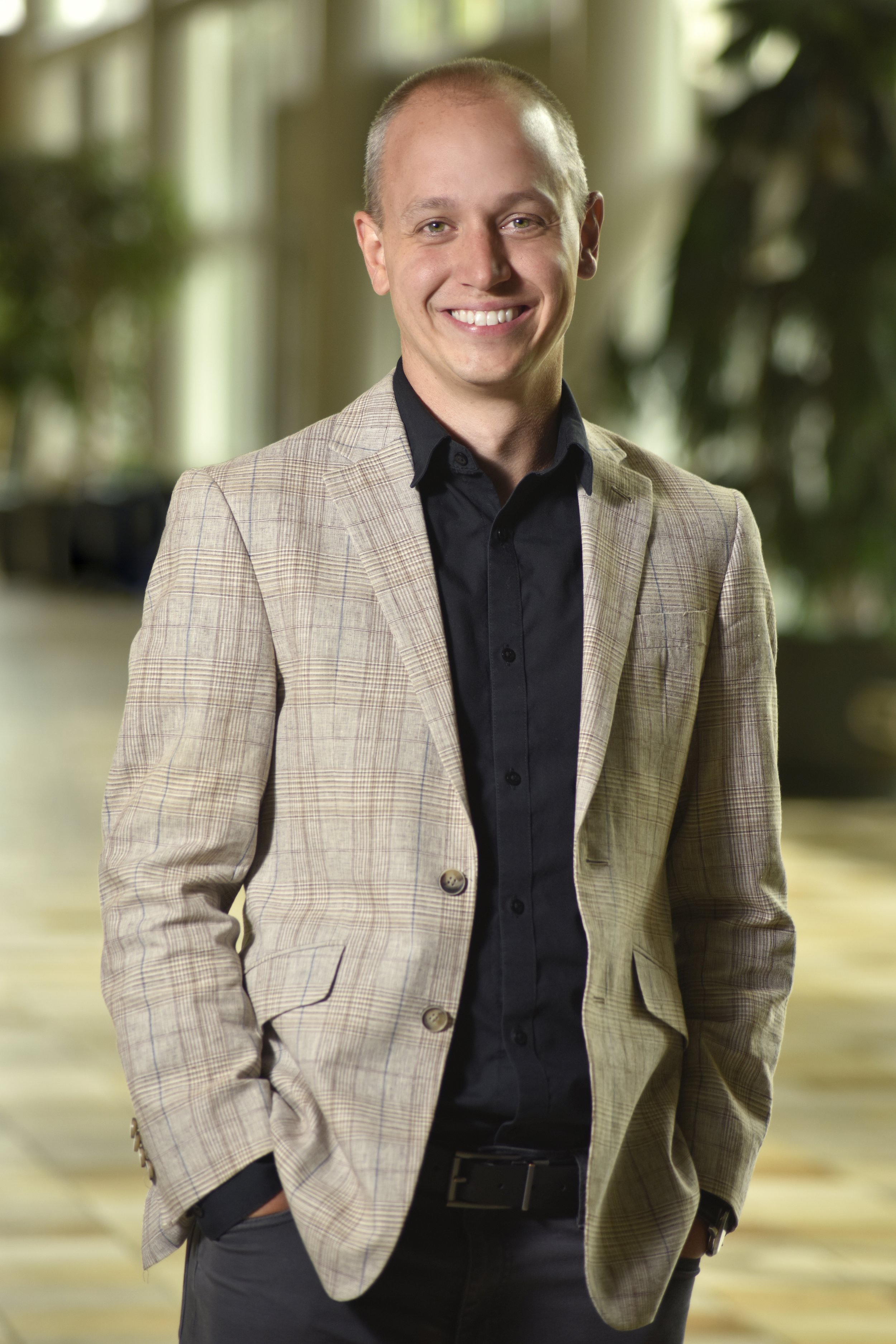Our Collaborators
Dr. Kyle Matsuba (Research Scientist)
In addition to Kyle’s work in the Lifespan Cognition Lab, he works in three broad areas. First, Kyle is interested in understanding the links between environmental attitudes, beliefs and behaviors, and other factors which influence them such as personality and social cognition. In addition, for the past seven years, Kyle has been spending a few months each year in northern Uganda working with children, teachers and school administrators implementing and evaluating mindfulness-based programs within this post-war region. Finally, Kyle investigates personality development in emerging adulthood taking a narrative perspective.
Dr. Sander Begeer
My research and teaching are focused on the development, assessment,and treatment/support of autism. I (co)founded and direct the Netherlands Autism Register (NAR), a large longitudinal cohort of individuals with autism. I have done applied projects on diagnostic tests, clinician bias, network analyses and treatment, but also fundamental projects using EEG and genetics. While I acknowledge the limitations of autism, it is pivotal to improve our understanding of the diversity within the autism spectrum, including the positive features. This will create a balanced perspective on both strengths and weaknesses of autism, which hopefully will reduce stigma and increase societal inclusion
Dr. Rakefet Ackerman
Prof. ( or Dr. ) Ackerman studies metacognitive processes involved in performing challenging cognitive tasks, such as reasoning, problem solving, and answering knowledge questions. Beyond basic research, she studies metacognitive aspects of human-computer interaction. See her website here for more information.
Dr. Edgar Erdfelder
Edgar Erdfelder is a professor of psychology and head of the department of Cognition and Individual Differences at the University of Mannheim, Germany. His substantive research focusses on human memory and judgment, including cognitive illusions, as well as on mathematical modeling of cognitive processes. He is also an expert in psychological methods, particularly in experimental design, sequential and nonsequential statistical tests, and power analysis.
Dr. Maryanne Garry
Maryanne Garry is a professor of cognitive psychology at the University of Waikato. She has spent more than 30 years trying to answer this question: how is it that people come to believe or remember things that just aren’t true? Her work helps us to understand the causes and consequences of false memories, illusions of “truth,” and myths about memories for traumatic experiences.
Dr. Itiel Dror
Itiel Dror (Ph.D. Harvard) is a cognitive neuroscientist who is interested in the cognitive architecture that underpins expert decision making. Dror's research, published in over 130 research articles, demonstrates how contextual information and other factors can bias judgments and decision making of experts. He has worked in a variety of domains, from policing and aviation, to medical experts and bankers, showing that even hard working and competent experts can make unintentional errors in evaluating data. For a short overview, see this piece in Science and for a list of the sources of bias and how to overcome them, see here.
Dr. Nadia Brashier
Nadia is an NIH Postdoctoral Fellow at Harvard studying how people evaluate truth across the lifespan. Her research identifies why young and older adults fall for fake news and misinformation.
Dr. Farhad Dastur
Dr. Farhad Dastur is an award-winning educator/scholar committed to excellence in research, service, and teaching. He completed his BSc in Psychology from UBC where he conducted behavioural neuroscience research in the lab of Dr. John Pinel. He completed his PhD degree in psychology from Dalhousie University investigating olfaction in the lab of Dr Richard Brown. Farhad's research interests include perception, evolutionary psychology, human factors, and virtual reality. Currently, he leads KPU’s Virtual Reality Lab where he mentors students researching memory distortions, pain perception, and the role of anxiety in conspiracy ideation.
Kiran Dogra
Kiran graduated from Kwantlen Polytechnic University in 2020 with a Bachelor of Arts (Honours) in Psychology and a Minor in Counseling Psychology. Her honours thesis examined the viability of the Misinformation Effect – memory alterations following exposure to post-event information – across a slideshow, two-dimensional video, and 360-degree Virtual Reality. She was a recipient of the 2020 Canadian Psychological Association of Academic Excellence award for her thesis. Recently, Kiran completed her Master of Science in Experimental Psychology at Western Washington University with Dr. Ira Hyman in his Applied Cognition Lab, where she explored how a mix of true and false information disrupts perceptions of truth and consensus. Her research interests include memory, misinformation, inattentional blindness, race, and development.
Jeevan Bains
Jeevan graduated from the University of British Columbia in 2022 with a Bachelor of Arts degree in Psychology and a minor in Law and Society. His primary research interests lie within the domain of clinical-forensic psychology. As a research assistant for UBC’s Anxiety, Stress, and Autism Program, he is exploring how social and emotional cues affect various facets of episodic memory. He also completed a directed studies project in the Memory and Imagination Lab at his alma mater, where he worked to elucidate the relationship between childhood adversity, social cognition, and psychological distress.
Dr. Gordon Pennycook
Gordon Pennycook is a Himan Brown Faculty Fellow and Associate Professor in the Department of Psychology at Cornell University. After obtaining his PhD in Cognitive Psychology at the University of Waterloo in 2016, he held a Social Sciences and Humanities Research Council of Canada Banting Postdoctoral Fellowship at Yale University. Prior to joining Cornell, he was an Assistant and then Associate Professor of Behavioural Science at University of Regina’s Hill/Levene Schools of Business from 2018-2023. His research is focused on reasoning and decision-making, broadly defined. He investigates the distinction between intuitive processes (“gut feelings”) and more deliberative (“analytic”) reasoning processes and is principally interested in the causes (a) and consequences (b) of analytic thinking. That is, what makes us think and why is it (thinking) important? He was the recipient of the Vincent Di Lollo Early Career Achievement Award from the Canadian Society for Brain, Behaviour, and Cognitive Science, the Psychonomic Society’s Early Career Award, and the Association for Psychological Sciences “Rising Star” award. He was elected to the Royal Society of Canada’s College of New Scholars, Artists, and Scientists in 2020.






